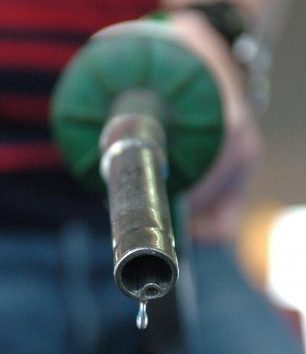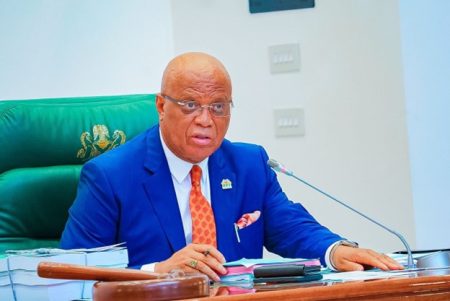Oritsegbubemi Omatseyin
Lagos — Petrol subsidy grew by 190.62 percent in the first five months of 2022 to hit N1.274 trillion compared to N438.36 billion recorded over corresponding period last year. With the latest figure, the total amount paid for petrol subsidy in the past 17 months (N1.5 trillion in 2021) has risen to N2.84 trillion.

Latest data on subsidy by the Nigerian National Petroleum Corporation, NNPC Limited, showed that subsidy in May 2022 rose by 99.2 percent to N227.72 billion compared to N114.34 billion recorded in May 2021.
Also the N503.31 billion incurred in April 2022 was 398 percent higher than N126.29 billion recorded over a similar period in 2021. In March 2022 subsidy of N152 billion was also 35.7 percent higher than N111.96 billion recorded in March 2021.
Petrol subsidy for February 2022 grew by 318.8 percent to N253 billion when compared to N60.4 billion recorded in February 2021. While the figure for January 2022 was N143.72 billion, 466 percent hike from N25.37 billion recorded in January 2021.
The Nigerian Government had earlier in the year 2021 received approval from the National Assembly to spend N4 trillion on petrol subsidy in 2022.
NNPC, which carries petrol subsidy as value shortfall in its books, reported to the Federation Account Allocation Committee meeting for the month of June 2022 that the Value Shortfall on the importation of PMS recovered from May 2022 proceeds is N327,065,907,048.06 while the outstanding balance carried forward is N617 billion.
“The estimated Value Shortfall of N845,152863,012.97bn (consisting of arrears of N617bn plus estimated May 2022 Value Short Fall of N227,721,200,478.23) is to be recovered from June 2022 proceed due for sharing at the July 2022 FAAC Meeting”.
Speaking on the growing subsidy payment for petrol, the Director, Centre for Petroleum, Energy Economics and Law, Prof. Adeola Adenikinju explained that the payment for subsidy was responsible for NNPC zero remittance to FAAC.
Prof. Adeola Adenikinju noted that despite the high price of crude oil Nigeria was not making money. “It is why we are not benefiting now because on the one hand the price of crude is going up but we have to spend that money to import petroleum products which we now sell at reduced price.
“It is rich countries that can afford subsidies, we are poor and that is the reality. We don’t have money that can allow us this way of life, the luxury that subsidy is. We are not subsidizing diesel that is crucial to electricity. Many firms are running their generators with diesel, Commercial goods are moved by roads using diesel”
“Diesel is very expensive but we are not subsidizing it. Also kerosene is also expensive to low income households and yet we are not subsidizing it but petrol which is consumed by the middle class is what we are subsidizing”
He pointed out that the price of petrol in neigbouring countries was far higher than in Nigeria which has led to massive smuggling of the product out of the country.
The June 2022 edition of the World Bank Global Economic Prospects report said that fuel shortage and rising inflation will likely restrain economic growth in Nigeria. “due to the petrol subsidy and low oil production, Nigeria faces a potential fiscal time bomb.”
The World Bank had projected that Nigeria’s economy would grow by 3.4 per cent in 2022 but decline to 3.2 per cent in 2023 and 2024. The Bank said that the growth in Nigeria’s economy would be driven by elevated oil prices, recovery in agriculture and manufacturing, and structural reforms (for example, the Petroleum Industry Act of 2021).
However, it noted that there would be persistent production challenges in the oil sector, which are expected to weigh on growth.
Follow us on twitter



